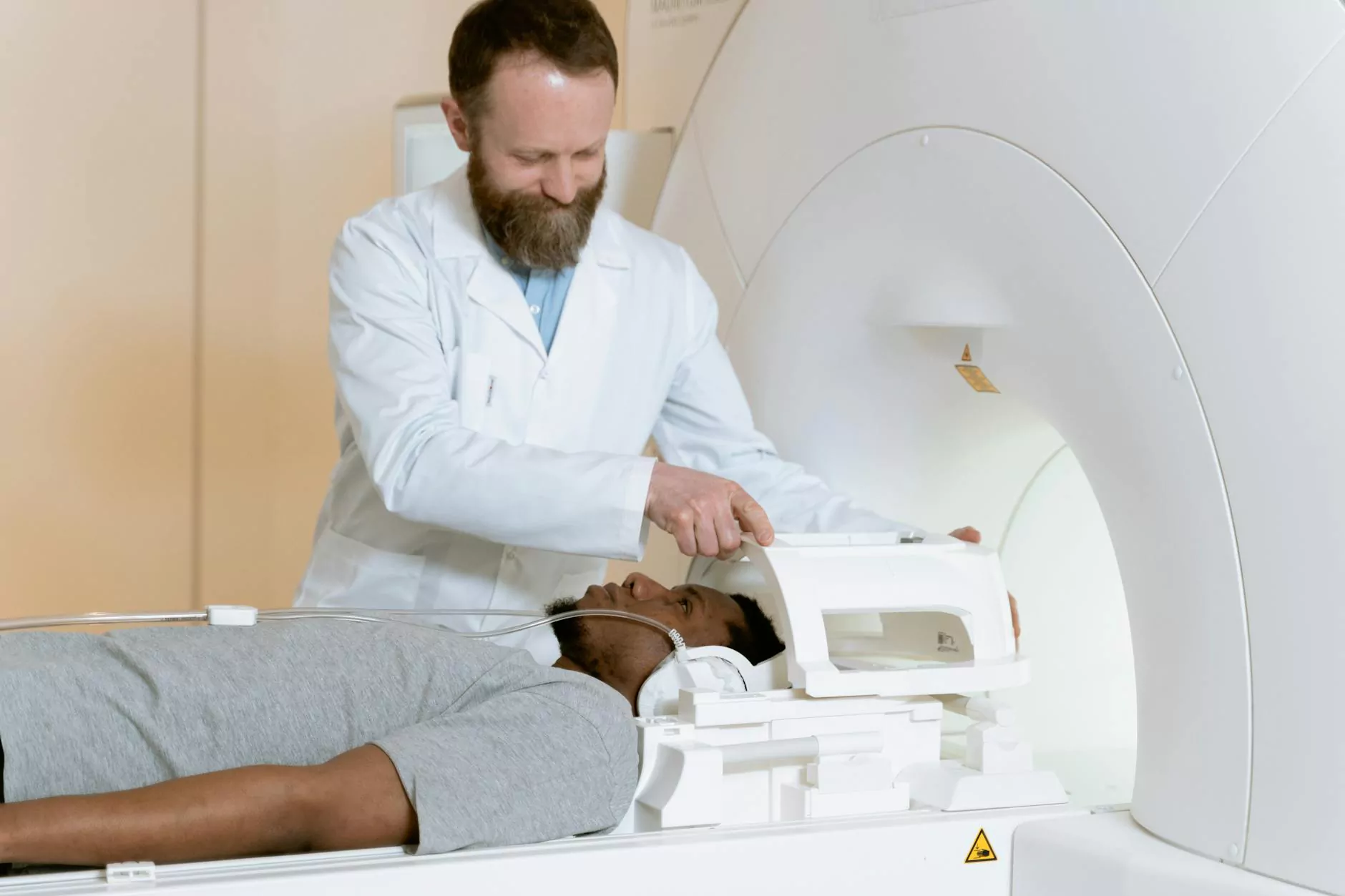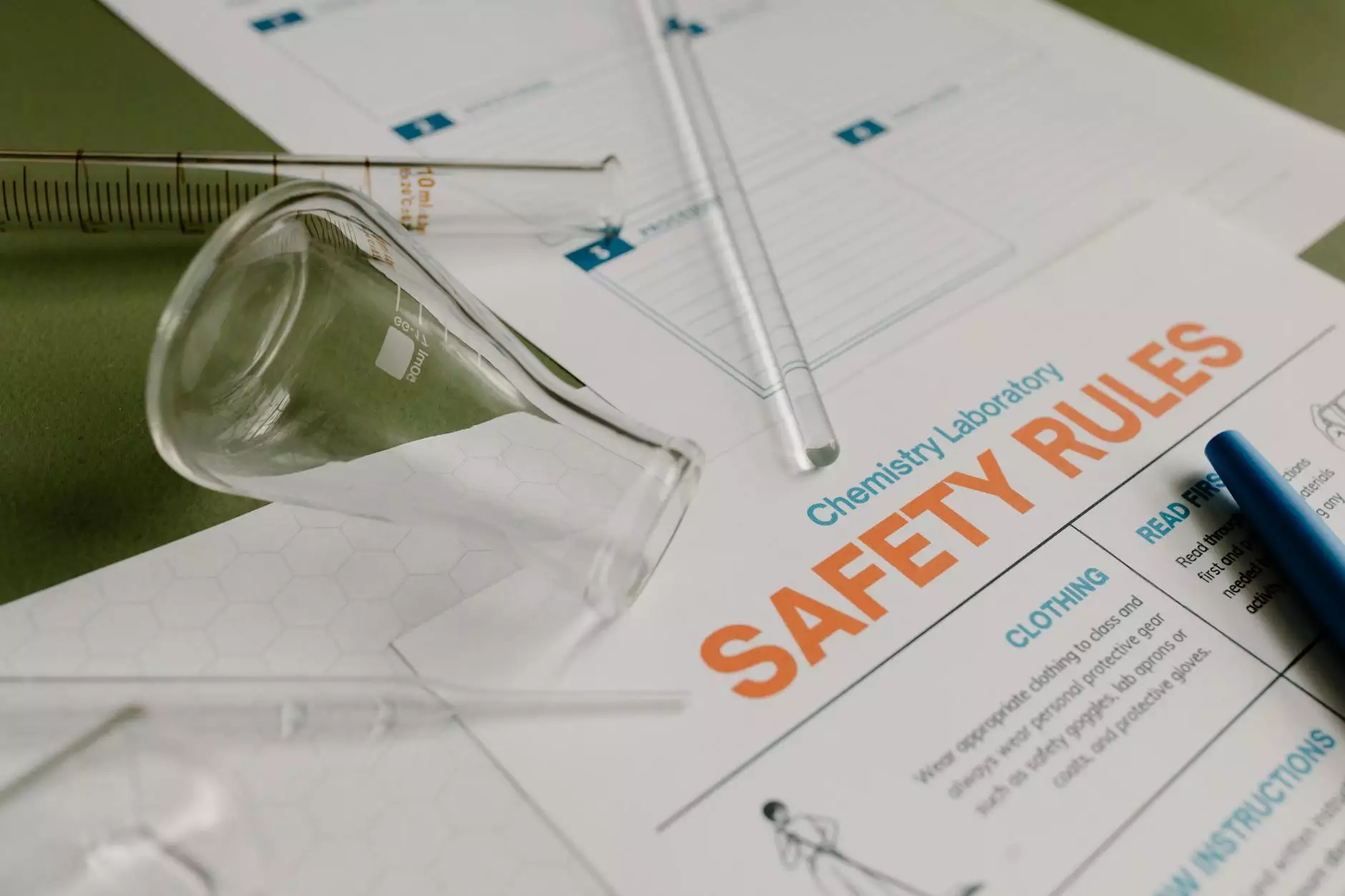The Essential Role of MRI Service Engineers in Healthcare

In the dynamic landscape of the health and medical sector, specialized roles such as the MRI service engineer are critical to the effective functioning of medical centers and diagnostic facilities. This article explores the multifaceted responsibilities, skills, and the indispensable contributions of MRI service engineers in enhancing healthcare outcomes.
Understanding the Role of MRI Service Engineers
The primary responsibility of an MRI service engineer is to ensure that Magnetic Resonance Imaging (MRI) systems operate at peak efficiency. These experts play a crucial role in maintaining complex machinery that is essential for accurate diagnostic imaging, pivotal in diagnosing various medical conditions.
Key Responsibilities
- Installation and Calibration: MRI service engineers are responsible for the installation of MRI machines at healthcare facilities. This involves calibrating the equipment to ensure it meets the specific imaging requirements of the facility.
- Preventive Maintenance: Regular maintenance schedules are critical. MRI service engineers perform routine checks and preventive maintenance to detect potential issues before they escalate into significant problems, ensuring that the machines are always ready for use.
- Troubleshooting and Repairs: When an MRI machine malfunctions, the MRI service engineer is the first point of contact. They employ technical skills to troubleshoot problems, identify faults, and implement repairs quickly to minimize downtime.
- Technical Support: They also provide technical support to medical personnel, ensuring that staff are trained to use MRI equipment correctly and efficiently.
- Documentation and Reporting: Maintaining detailed records of all servicing activities, repairs, and machine calibrations is essential for quality control and compliance with health standards.
The Importance of MRI Service Engineers in Diagnostic Services
Diagnostic services are pivotal in healthcare as they aid in accurate diagnosis and treatment planning. MRI service engineers heavily influence the quality and reliability of these services.
Impact on Diagnostic Accuracy
The precision of MRI diagnostics depends significantly on the operational state of the MRI machinery. An experienced MRI service engineer ensures that equipment is functioning correctly, providing accurate imaging that radiologists rely on for assessments. Regular and thorough maintenance minimizes the risks associated with imaging errors, which can lead to misdiagnosis.
Ensuring Patient Safety
Patient safety is a top priority in healthcare settings. MRI machines emit strong magnetic fields, which demand expert knowledge to handle safely. MRI service engineers ensure that all safety protocols are adhered to while maintaining the equipment, thereby protecting both patients and staff from potential hazards.
Qualifications and Skills Required for MRI Service Engineers
The path to becoming a successful MRI service engineer typically involves a blend of education, technical skills, and hands-on experience.
Educational Background
- Degree in Biomedical Engineering: Most MRI service engineers hold a degree in biomedical engineering or a related field that provides a solid foundation in medical imaging technologies.
- Technical Certifications: Certifications from recognized industry bodies can enhance an engineer’s qualifications. Programs focusing on MRI technology and safety protocols are particularly valuable.
Essential Skills
- Technical Proficiency: A deep understanding of MRI technology, including knowledge about the hardware and software that operate MRI systems, is essential.
- Problem-Solving Skills: Effective troubleshooting and quick thinking help engineers resolve issues efficiently, minimizing downtime.
- Communication Skills: MRI service engineers must communicate effectively with healthcare staff, providing clear instructions and guidance concerning equipment operation and maintenance.
- Attention to Detail: Precision in maintaining equipment is vital to ensure reliable performance, making attention to detail a crucial skill for engineers.
The Future of MRI Service Engineering
The role of MRI service engineers is continuously evolving alongside advancements in medical technology. As new imaging techniques emerge, engineers must stay ahead of the curve with ongoing training and education.
Emerging Technologies and Their Impact
Artificial intelligence (AI) and machine learning are becoming increasingly integrated into MRI technology. MRI service engineers will need to understand these technologies to troubleshoot, maintain, and enhance the systems effectively. More sophisticated diagnostic services will require engineers to adapt swiftly to rapid technological advancements.
A Growing Demand for MRI Service Engineers
With the rising demand for medical imaging, particularly in aging populations and increasing healthcare needs, the demand for skilled MRI service engineers is expected to grow. Hospitals and medical centers will need to prioritize hiring these professionals to ensure their diagnostic technology is reliable and up-to-date.
Conclusion
In conclusion, the role of an MRI service engineer is indispensable within the health and medical sector. Through their technical expertise, dedication to maintaining advanced imaging equipment, and commitment to ensuring patient safety, they are key contributors to the success of diagnostic services. As technology evolves, so too will the responsibilities and importance of these professionals in ensuring that medical imaging continues to provide accurate and reliable results for patient care.
Organizations such as echomagnetservices.com offer the necessary services and expertise in MRI technology support, helping facilities uphold the highest standards of care in diagnostic services.



